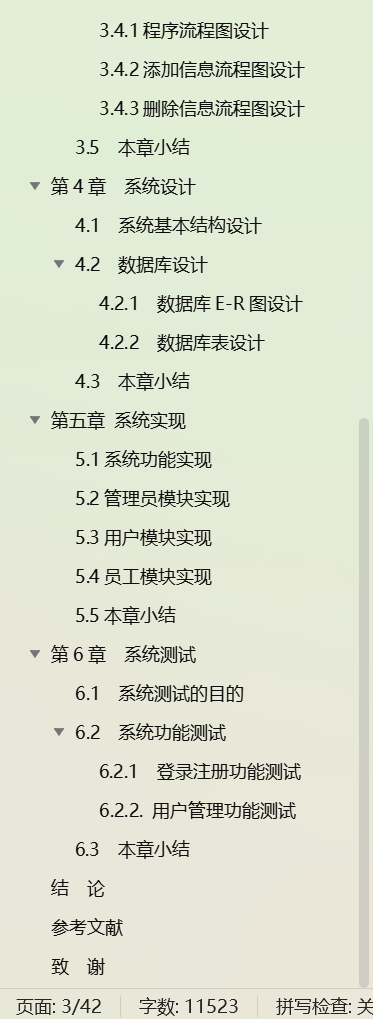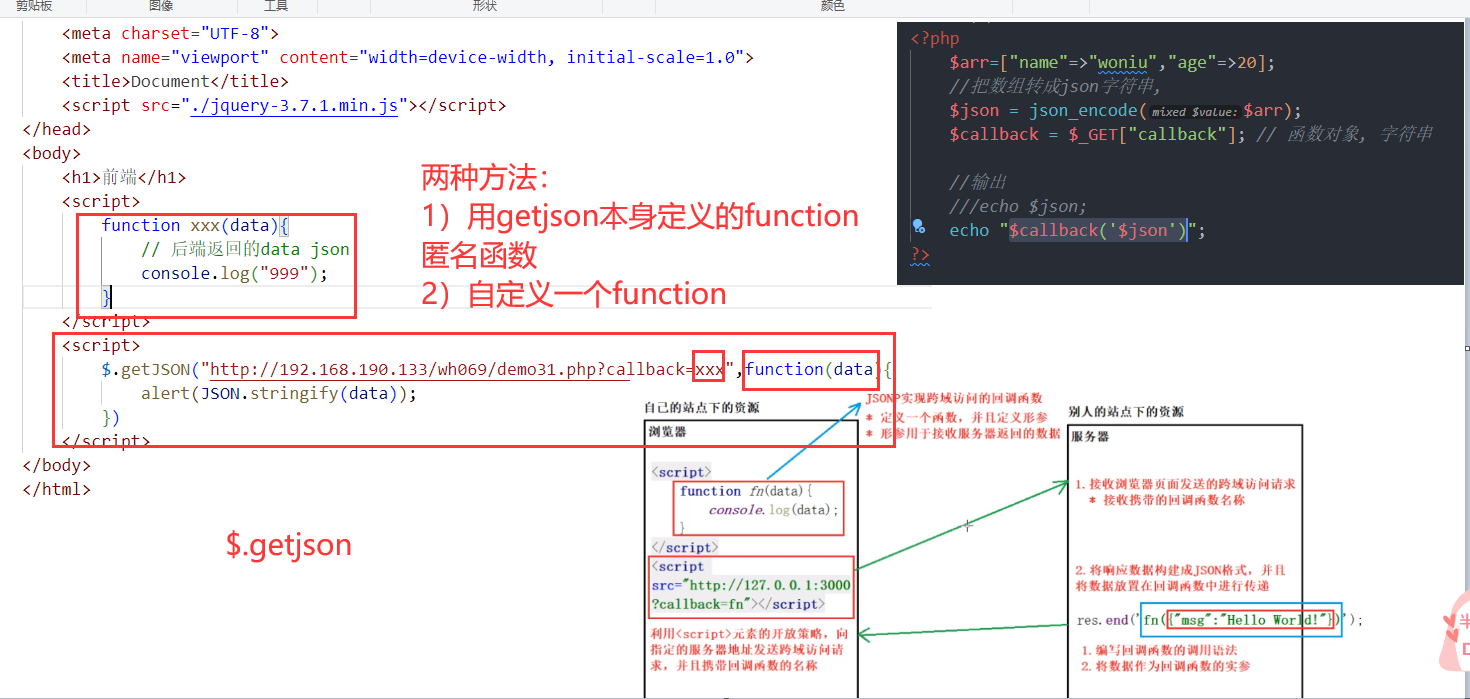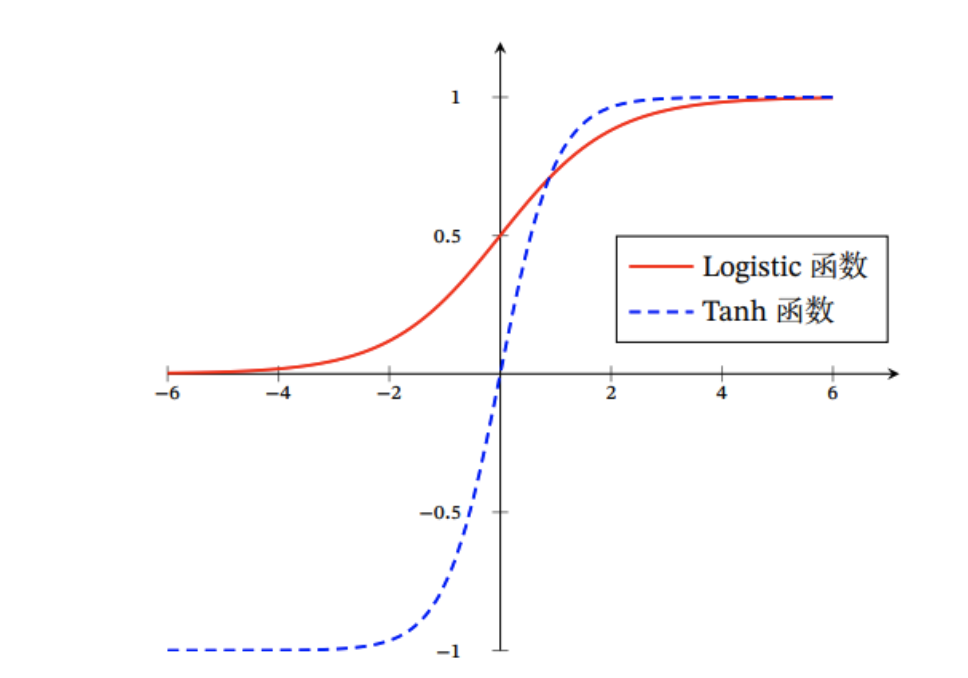我们就拿购物车举例子
现在有5个东西免费送,我们只能选择1个
例如 可乐 美年达 香蕉 苹果 薯片
我们选择后就放进redis里面
然后我们不能选重复,只能选不同
Lua脚本
我们redis使用lua脚本的时候,会传两个参数进去
一个是List<String>类型,一个是Object【】类型
KEYS【】对应的是List类型 ARGV【】对应的是Object【】类型
-- 购物车的东西是一样的,不需要修改
if (redis.call('get', KEYS[1]) == ARGV[1]) thenreturn 0
elseif (redis.call('get', KEYS[1]) ~= '') then-- 购物车的东西是不一样的,需要修改-- 先删除redis.call('del', KEYS[1])--然后重新设置购物车redis.call('set', KEYS[1], ARGV[1])
elseif (redis.call('get', KEYS[1]) == '') then--购物车为空,直接添加redis.call('set', KEYS[1], ARGV[1])
endreturn 0静态代码块读取Lua脚本,减少IO流

案例
我们首先往购物车里面添加苹果


然后使用execute()方法调用Lua脚本
然后传参数进去

此时我们的lua脚本用的是ARGV【1】
对应的是香蕉

我们使用后,发现redis里面变成香蕉了
如果我们像变成其他,那么在lua脚本中的ARGV【】参数里面改数字就好了

测试类代码
package com.example.admin;import org.junit.jupiter.api.Test;
import org.springframework.beans.factory.annotation.Autowired;
import org.springframework.boot.test.context.SpringBootTest;
import org.springframework.core.io.ClassPathResource;
import org.springframework.data.redis.core.StringRedisTemplate;
import org.springframework.data.redis.core.script.DefaultRedisScript;import java.util.ArrayList;
import java.util.List;@SpringBootTest
public class RedisTest {//为了防止每次加载都读取lua文件产生大量IO流,所以我们弄成静态代码块直接就读取好
private static final DefaultRedisScript UNLOCK_SCKIP;
static {UNLOCK_SCKIP=new DefaultRedisScript<>();UNLOCK_SCKIP.setLocation(new ClassPathResource("unlock.lua"));
}@AutowiredStringRedisTemplate stringRedisTemplate;@Test
void add(){stringRedisTemplate.opsForValue().set("购物车", "苹果");}@Testvoid change(){//苹果,香蕉,可乐,美年达,薯片List<String> list=new ArrayList<>();list.add("购物车");
//调用LUA脚本stringRedisTemplate.execute(UNLOCK_SCKIP,list,"香蕉","苹果","可乐","美年达","薯片");}}
Lua脚本实现限流操作
这个是lua脚本
-- 设置用户访问频率限制的参数
local username = KEYS[1]
local timeWindow = tonumber(ARGV[1]) -- 时间窗口,单位:秒-- 构造 Redis 中存储用户访问次数的键名
local accessKey = "short-link:user-flow-risk-control:" .. username-- 原子递增访问次数,并获取递增后的值
local currentAccessCount = redis.call("INCR", accessKey)-- 设置键的过期时间
redis.call("EXPIRE", accessKey, timeWindow)--返回当前次数
return currentAccessCount因为我们要使用到lua脚本的返回值
所以我们要setResultType()来设置我们的返回值是String类型
这样子才能成功拿到返回值,亲测如果不设置,那么我们拿到的返回值就是为null

测试


测试类代码
package com.example.admin;import org.junit.jupiter.api.Test;
import org.springframework.beans.factory.annotation.Autowired;
import org.springframework.boot.test.context.SpringBootTest;
import org.springframework.core.io.ClassPathResource;
import org.springframework.data.redis.core.StringRedisTemplate;
import org.springframework.data.redis.core.script.DefaultRedisScript;import java.util.ArrayList;
import java.util.List;@SpringBootTest
public class RedisTest {//为了防止每次加载都读取lua文件产生大量IO流,所以我们弄成静态代码块直接就读取好
private static final DefaultRedisScript UNLOCK_SCKIP;private static final DefaultRedisScript INCREMENT;
static {UNLOCK_SCKIP=new DefaultRedisScript<>();UNLOCK_SCKIP.setLocation(new ClassPathResource("unlock.lua"));INCREMENT=new DefaultRedisScript<>();INCREMENT.setLocation(new ClassPathResource("Increment.lua"));//要加上这个,因为lua脚本的返回值是String类型INCREMENT.setResultType(String.class);}@AutowiredStringRedisTemplate stringRedisTemplate;@Testvoid increment(){List<String> list =new ArrayList<>();list.add("KIRA");for (int i = 0; i < 15; i++) {Object result = stringRedisTemplate.execute(INCREMENT,list,"10");System.out.println(result);if((Long)result>10L)System.out.println("超出阈值,暂停一会然后重试");}}@Test
void add(){stringRedisTemplate.opsForValue().set("购物车", "苹果");}@Testvoid change(){//苹果,香蕉,可乐,美年达,薯片List<String> list=new ArrayList<>();list.add("购物车");
//调用LUA脚本stringRedisTemplate.execute(UNLOCK_SCKIP,list,"香蕉","苹果","可乐","美年达","薯片");}}



















